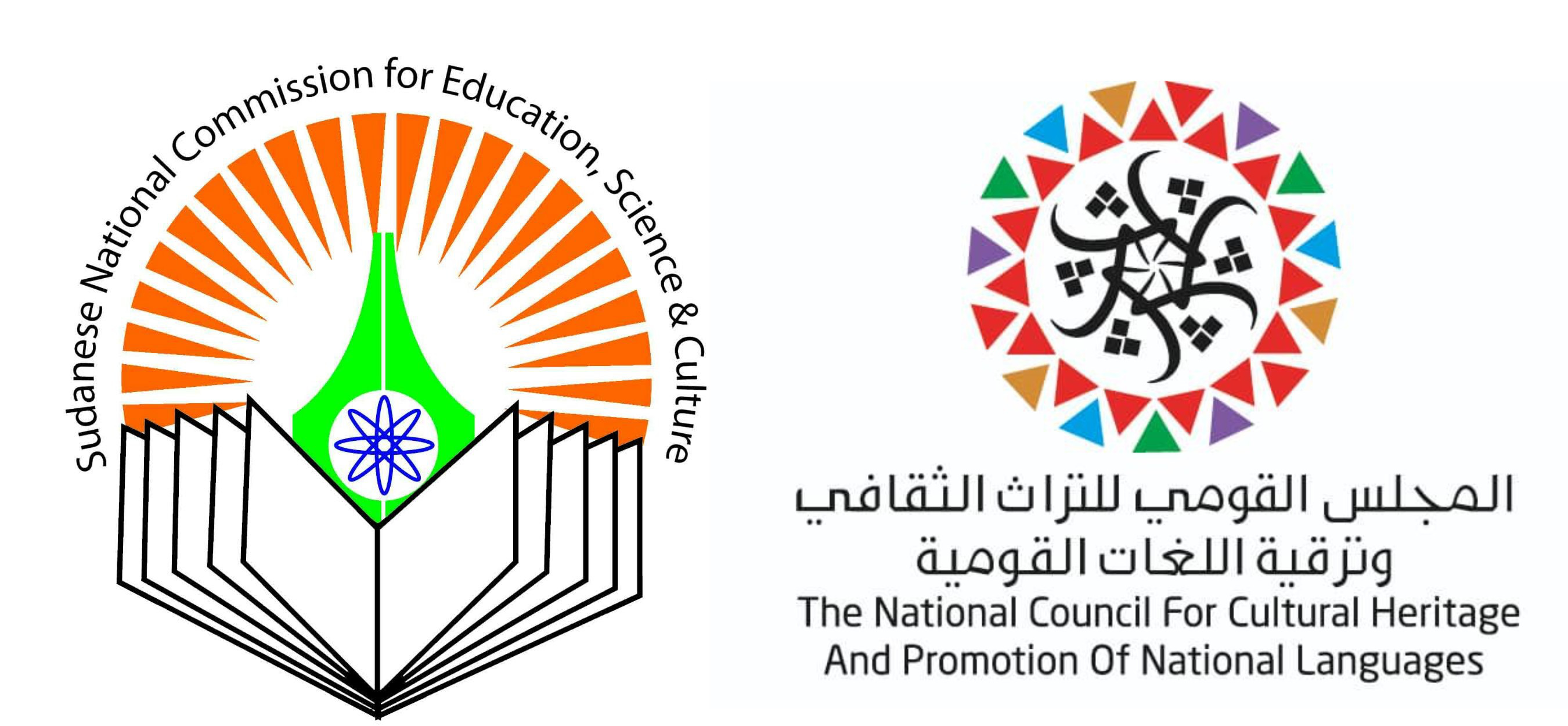(18) SUDANESE JABANA
Knowledge about Nature, in All Sudan | Internationally recognized
Jabana or Qahwa is a hot drink prepared, served and consumed in a particular ritual practice that is part of the Sudanese cultural heritage. The main constituent of the drink is coffee, previously named Kafa. Jabana is popular in most of Sudan especially the East where it is the favorite drink for men, women and children.
In Sudan, coffee drink is made from coffee beans roasted by al Kānūn, a charcoal- powered stove of controlled fire level. The beans are placed in a wooden or iron Qallāya (roasting pan). If the wooden pan is used, the glowing ambers are added to the beans and swung or stirred until adequately roasted. The iron pan containing the beans is held closely over the fire and shaken gently to ensure uniform roasting of the beans. Once roasted, coffee is transferred to a mortar called Funduk that is made of wood or steel, to be finely milled. Funduk is often decorated from outside with loosely attached thin circular iron or discs or soda bottle metal caps to produce rhythmic rattling with every beat of the pestle (Tantana) while coffee is pulverized. As coffee is milled, a cylindrical tin or aluminum vehicle called Sharaghragh is filled with the adequate amount of water and placed over the fire. When water boils, milled coffee beans and spices (ginger, cinnamon and cardamom) are added on customer’s demand, are powered in a clay flask, Jabana, which gave its name to the drink.
Contact
assadhajam@yahoo.com

